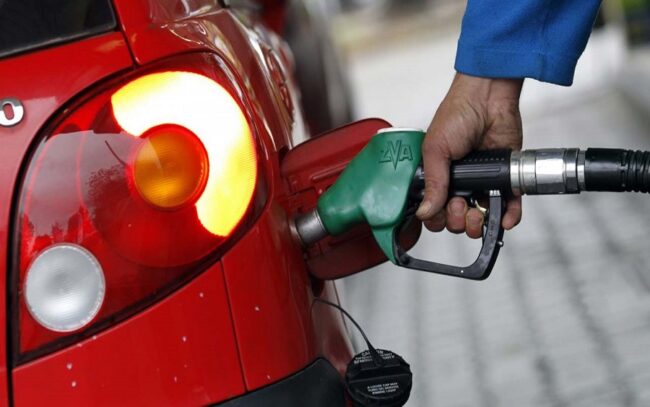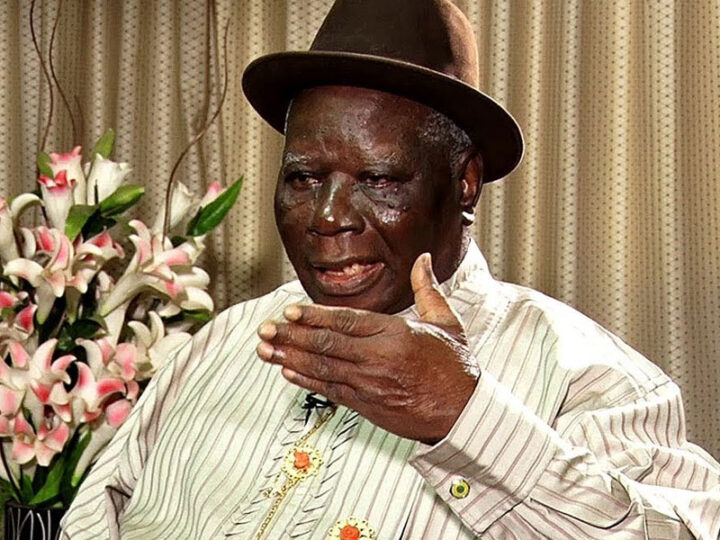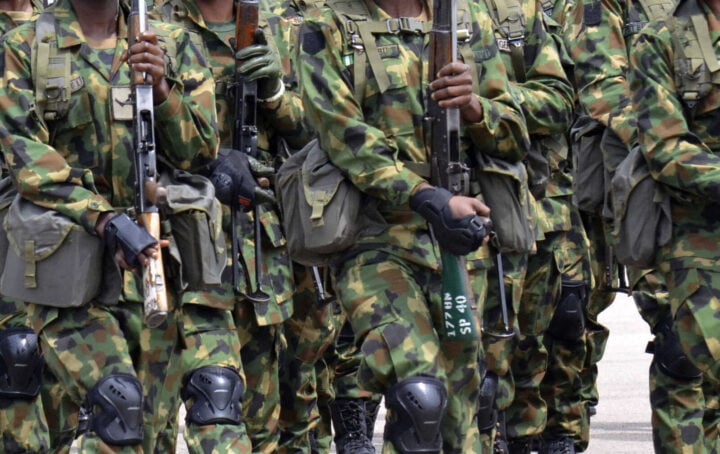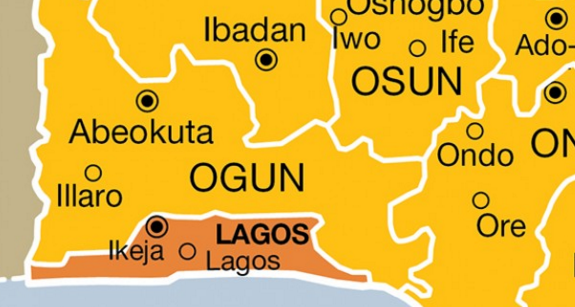The Department of Petroleum Resources (DPR) says the pump price of petrol in Nigeria may rise to N1,000 per litre when the petrol subsidy regime ends without an alternative energy source.
Last month, Mele Kyari, group managing director of the Nigerian National Petroleum Corporation (NNPC), had said that the cost of petrol should be N256 per litre at filling stations without subsidy.
The price of premium motor spirit (PMS), better known as petrol, currently hovers around N162/N163 per litre.
Sarki Auwalu, DPR director, while answering questions after delivering a paper titled, ‘A Discussion on the Future of the Nigerian Petroleum Industry,’ in Lagos, recently, acknowledged that Nigeria was spending so much on petrol subsidy.
Advertisement
He said eliminating it would require making alternative fuel available to Nigerians and that failure to do that will plunge Nigerians into paying higher petrol prices when subsidy is removed.
Auwalu added that Nigerians may be paying as high as N1,000/litre on petrol when subsidy is removed and when alternative energy or autogas gas policy becomes fully operational.
According to him, the alternative fuel regime comes with initial cost as it will lead to spending $400 to convert one vehicle from running on petrol or diesel to running on either liquefied natural gas (LNG) or compressed natural gas (CNG).
Advertisement
He explained that converting eight million public vehicles currently present in Nigeria to gas-powered will cumulatively cost $3.2 billion to achieve.
He said: “So, to eliminate subsidy, they don’t call it subsidy anymore now, it’s under-recovery of purchase. So, to eliminate under-recovery, what you need is alternative fuel. Without an alternative, you will subject people to higher prices, and that is why we go for price freedom.”
“As at today, there are 22 million cars in Nigeria. Eight million are for public use. Imagine if you want to convert every car into gas, the average cost of conversion is $400. Converting eight million cars requires $3.2 billion. To do that, there are a lot of environmental investors which can invest and recover from the sale of gas and we are encouraging that.
“Once that is achieved, you will see that PMS can be sold at N1000. After all, the average distance covered by one-gallon equivalent when you compare it with LNG or CNG with respect to energy for mobility, is 2.7 against one. One for PMS, 2.7 for LNG or CNG.
Advertisement
“So, with that advantage, you will see that it creates an opportunity for this industry again. The issue of subsidy, volume will all vanish, and that is what we are working towards.”
Auwalu also warned that the rise in Nigeria’s local refining capacity as seen in the coming on stream of many refineries in the country without a corresponding increase in the country’s oil production volume may threaten the country’s membership of the Organisation of Petroleum Exporting Countries (OPEC).
He lamented that out of Nigeria’s over 7100 reservoirs and its mature basins, the country was recovering just as low as about 1000.
The DPR director said the situation needs the collaboration of all industry players to find a solution before Nigeria gets evicted from OPEC due to low contribution.
Advertisement
Add a comment





